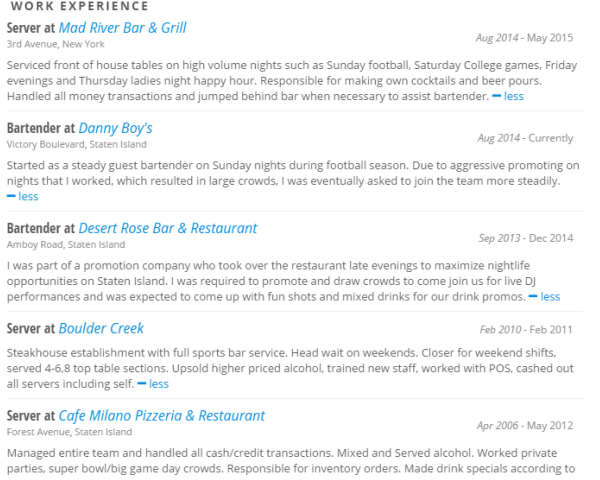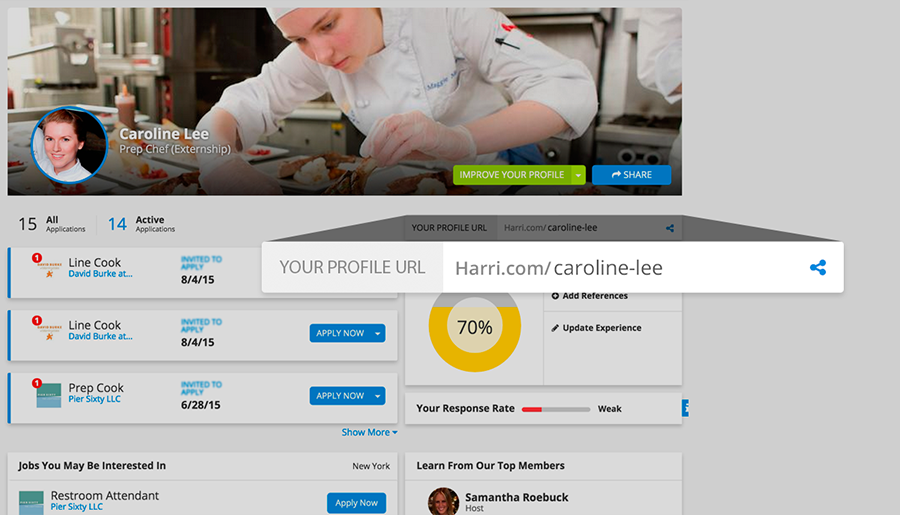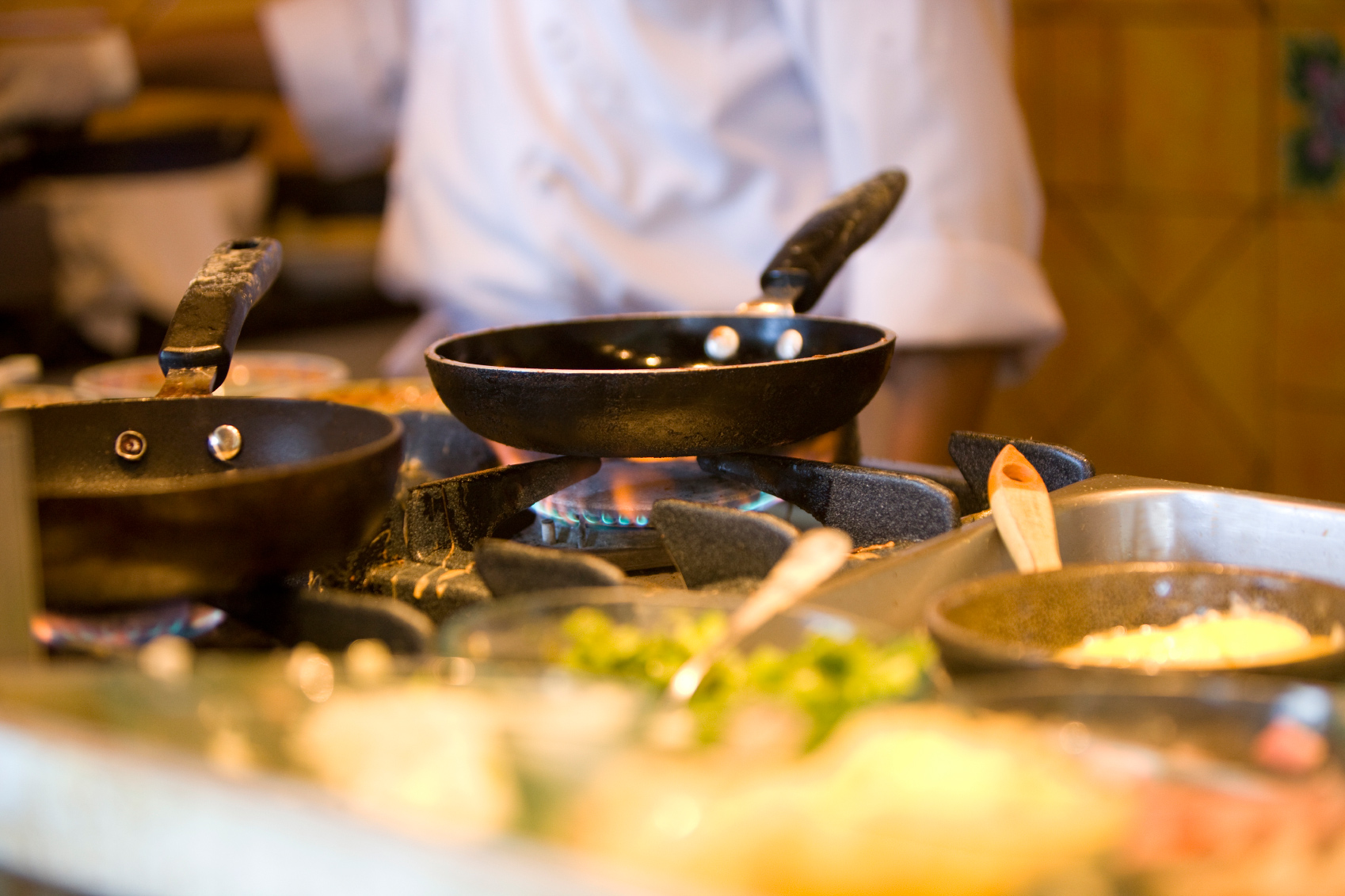5 Reasons Why You Should Train Cooks from Within
/Staffing a competent BOH team is a constant uphill climb, and just when you think your core crew is established - one of your best cooks gets a “better job” somewhere else or your AM prep guy gets drunk on cooking wine and found sleeping in the kitchen bathroom (true story). Every restaurant is different, whether it’s full service or fast casual it’s a guarantee that all of them need cooks. The perfect line or prep cook is the unique mix of a work-horse, with killer execution experience, can work 50+ HRs and all for low pay. Cooks are either amazing and passionate about the job or they’re forced into the profession by life circumstances. Then once you get a good one you do your best to retain them or you’re back in the weeds again. Which is why training from within is the best way to maintain your BOH Team.
1) They Already Know the Restaurant
Your dishwashers, runners, bussers and porters are untapped talent, they already know their way around the kitchen. No time wasted with “Where is _____?” and “Where do we put _________ during/ after/ before service?”. If you need them to put some mise en place in the walkin, they already know where to find the quart containers, tape and markers. This could take some time for a newer employee to adapt, whereas a current employee already knows this information.
2) High Accountability
There’s a certain sense of accountability instilled in an employee being promoted from within, and the pressure to not mess up the opportunity is much higher. Nothing grows the perception of ownership than cross training. If anyone calls out then everyone can work the same stations because they have done it before, and loyalty grows from there. Training your dishwashers and porters seem tedious, but if you want to build a team who started from the bottom and worked their way up together - it’s the way to go!
3) Creates a Stronger Team
In food pairings there’s a saying, “if grows together goes together”, the saying is the same for strong BOH teams. Cooks grown from mastering stations from the bottom, build solid teams who have seen it all before, this only occurs with longevity. It also lights a fire under your current dishwashers’ and porters’ butts to get their careers to the next level. Also nothing talks like taking off the rubber gloves, putting a knife in someone’s hand and increasing his or her pay rate. If they really want to learn and your current cooks are about to burnout at 60+ hrs a week, then it’s well worth the extra time for your team’s sake.
4) Shows off Your Leadership Skills
Taking the time to cultivate in house talent, shows you genuinely care about your people beyond your labor costs and just barely pushing through service. If you’re still worried about wasting your time, then this is a serious test of your leadership skills as well. Chefs and kitchen managers, before believing you’re “too busy” to train a dishwasher or remember that many of really great chefs began as dishwashers, John Besh, Thomas Keller, Gabrielle Hamilton and Anthony Bourdain to name a few. You think you’re a strong leader? Turn your most tenured dishwashers into your top line and prep crew. Chef Daniel Angerer of By Chloe says a good Chef “needs to be an authority, leader, motivator, spokesman, a person to look up to”.
True leaders don’t create followers, they create more leaders or in this case great cooks.
5) Cultivates a Better Work Culture
As entrepreneur and blonde golden raisin, Richard Branson, once said, “Train people well enough so they can leave, treat them well enough so they don't want to”. The key to retention is solid training and acting in the best interest of your entire team. A major plus is you never have to worry about fixing flawed training because you trained them all YOUR way. So, there’s no team dividing arguments on how much acid goes on the ceviche or how soft a scramble should be a brunch. The potential of growth is also the easiest way to recruit more dishwashers and runners, then the of challenge of hiring the most eager dishwashers and porters is 86’ed.
LOOKING TO HIRE IN HOSPITALITY?
DISCOVER TOP TALENTS ON HARRI
Follow Harri on Facebook and Twitter
for real time job posts and industry news.
















 If you're thinking about becoming a chef, restaurant industry experts say New York City is the land of opportunity for you.
If you're thinking about becoming a chef, restaurant industry experts say New York City is the land of opportunity for you.